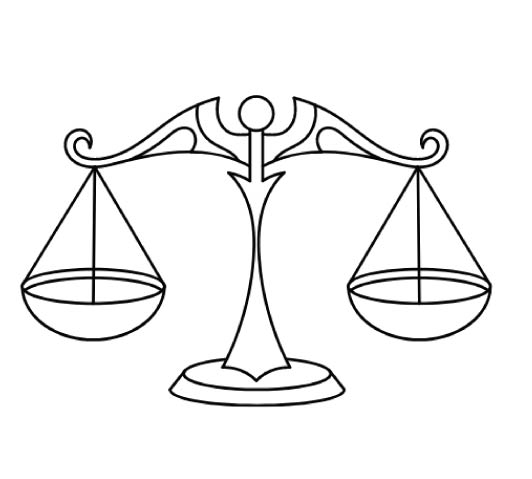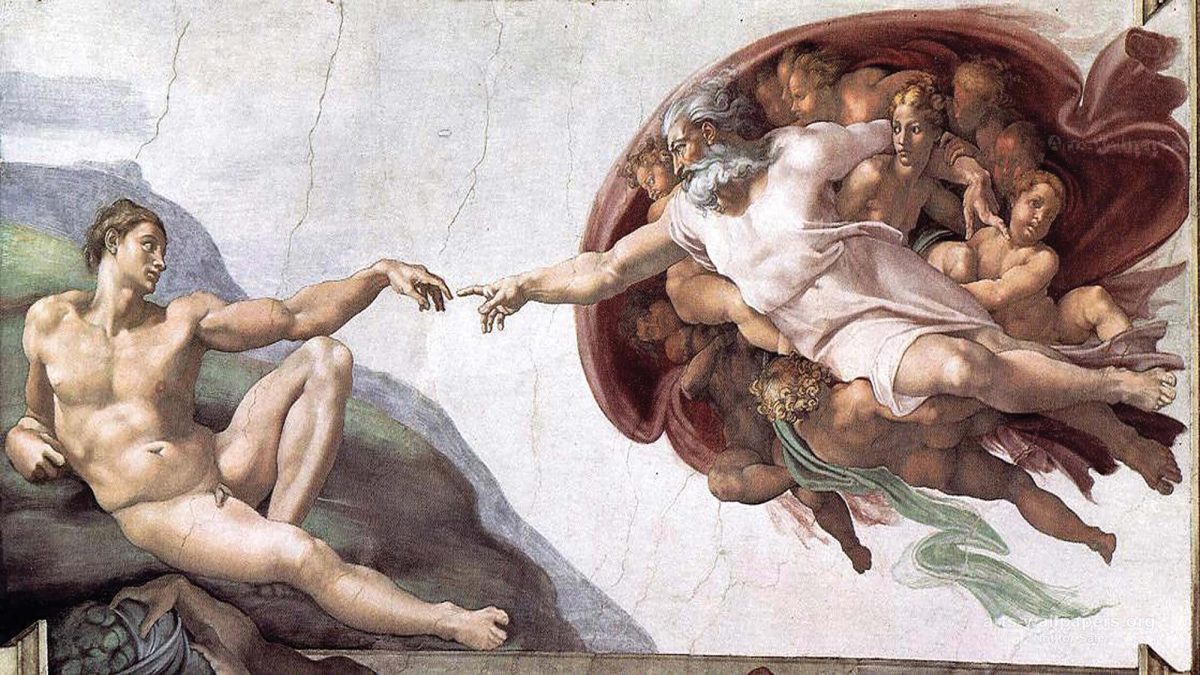After writing my last article, A Letter to the Church, I began to hear a lot of feedback. This feedback was mostly in agreement to what I said, but is that effective? Yes, I know others in the church, and outside of it, have the same feeling about the church; however, can simple agreement on a problem act as a solution to fixing it?
No. It cannot! That’s just saying, “yes, I see there is a problem, but no, I am not going to try and fix it.” It is asinine. We all see this problem, but no one is going to try and fix it?
Is it because we don’t know how to? I mean, I made it pretty clear in the ending of my article. We have to change the culture of the church. This means changing the culture in our own lives. We cannot go around judging people. Like I said before, we need to realize that we are all broken and deserving of hell. If our frame of mind would begin to see people for who they are, perfectly broken and in need of a perfect savior, the church would come to life again.
First off, we are called to be a living example; however, we are not the true light. No, we will never be the true light in this world. We are broken and our hearts are darkened. I love to hear Christians say, “we are the light; a city on a hill,” because of the arrogance in their statement shows.
Christ says in Matthew chapter five that, “You are the light of the world. A city set on a hill cannot be hidden. Nor do people light a lamp and put it under a basket, but on a stand, and it gives light to all in the house. In the same way, let your light shine before others, so that they may see your good works and give glory to your Father who is in heaven.” We are the lights in this dark world, but we are artificial lights. We are not the Son, who was the true light, we are mere examples of his amazing light.
[media-credit id=126 align=”alignright” width=”200″] [/media-credit]
[/media-credit]
This is one thing that we need to realize before we can move on to finding a solution. I sometimes believe we as Christians think we are this higher class of people, and it gives us the right to look down upon others, including our own.
This idea that we are the “light” is a good notion to remember, but we are merely artificial lights. Think of an ultraviolet bulb in a lamp, it produces light, it produces warmth and it produces UVA/UVB waves, a lot of similarities to our actual sun, but would you call it the sun? No, you wouldn’t because it is obvious that it has been artificially made.
Now take this same reasoning and apply it to how we walk our faith. We are lights, but we are not the true light. When we hold onto this idea of being the literal light of this world, we begin to fool ourselves. Pride steps in and arrogance takes hold. We begin to see people as too “dark” and not worthy to come into the church.
This has always been ironic to me. We, the church, look out at those who live in sin and say they are too dark to come in; even though if Christ came back today those very people would be the ones he would be ministering to. If we were actual representations of the true light, then all of the fruits we produced would bring glory to Christ, instead we sow seeds of hate, strife, pain and much more.
Why is this still the case? I believe it is because of the culture we have bred into the church. It is tainted with self-righteousness that boasts in the flesh. Christ’s gift was for us to do more than simply build our own kingdoms up. It was to build the kingdom of God and see shackled people set free from their chains.
Now, this may sound like another version of A Letter to the Church, because it is. I didn’t write that article for people just to merely agree with me; no, I wrote that article so people would start to evaluate their own lives and begin to live a new way.
I love Christ, and I will say I have failed a lot in my life. I will admit to being the very person I am calling out. There are times I feel like Saul because I persecuted people in the name of religion. I was a religious zealot that didn’t once think of his own sin. I will say, I am not perfect and am still working on this; however, I have come to a point that I realize that NO ONE DESERVES GRACE. We don’t deserve this beautiful gift, not a one of us do; however, God loved us so much that he sent his only son to be an atonement for the sins of the whole world, past, present and future.
So why do we walk as though his gift is for only those we deem worthy? Why is it that those who fall into the snare of sin we leave for dead? Do we have the right to choose who goes to Heaven and who goes to Hell based on the fact that they struggle differently than us? The truth is none of us deserve Heaven.
These articles are not a mere vent session, they are a call to arms. I am the first one to admit it is hard to look at people with this frame of mind. I have to remind myself constantly of this. I mean, I have to literally remind myself this every day in class when I look at the person from the church that hurt me the most. It isn’t easy, but it is how we are to live. How can we be a light when we are so quick to judge our own?
Again, I will say, we need to change our mind’s eye. We cannot continue this vicious cycle of judgment. It tears apart the body of Christ; there is no unification in this cycle. Once we begin to remove this culture from our churches, we will see the love of Christ reach out into darkest parts of this world again.
Editor’s note: The expression of faith is a constitutionally protected right, as is freedom of speech and freedom of the press. This press publication has allowed the constitutional rights to be expressed in the opinions section. The Criterion is not declaring itself a Christian publication; it is merely allowing a Christian to voice a message of positivity to other Christians on campus.
The appearance of this column does not exclude other religions. Inclusion of one individual or group does not constitute exclusion of another. If any other faiths would like to similarly express themselves, The Criterion welcomes them to do so. Our publication is, and has always been, the voice of the students.














